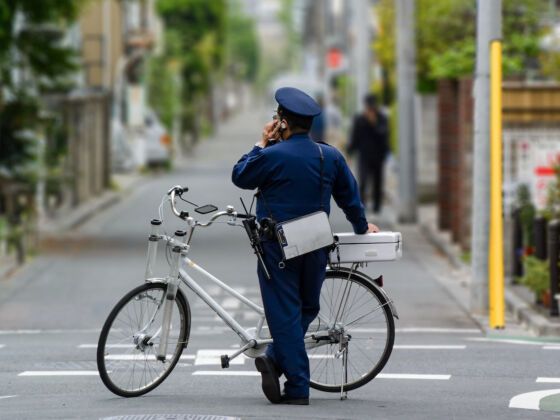I WAS IN A COFFEE SHOP in London with a friend when two policemen walked by. I’d been living there for a few months, but it was the first time I’d noticed.
“Huh,” I said.
“What?”
“Those cops don’t have guns.”
My friend, a Brit, cocked her eyebrow and said, “Why would they have guns?”
“Because they’re cops.” I said. The word “gun” was practically implicit in the word “cop.”
“That’s the most cowboy American thing I’ve ever heard you say.”
“I don’t like guns,” I said, “but they’re police. It’s like, their job to deal with dangerous people. How are they supposed to do that without guns?”
“How on earth do you expect an encounter with a criminal to end peacefully if you’re pointing a gun at them?”
